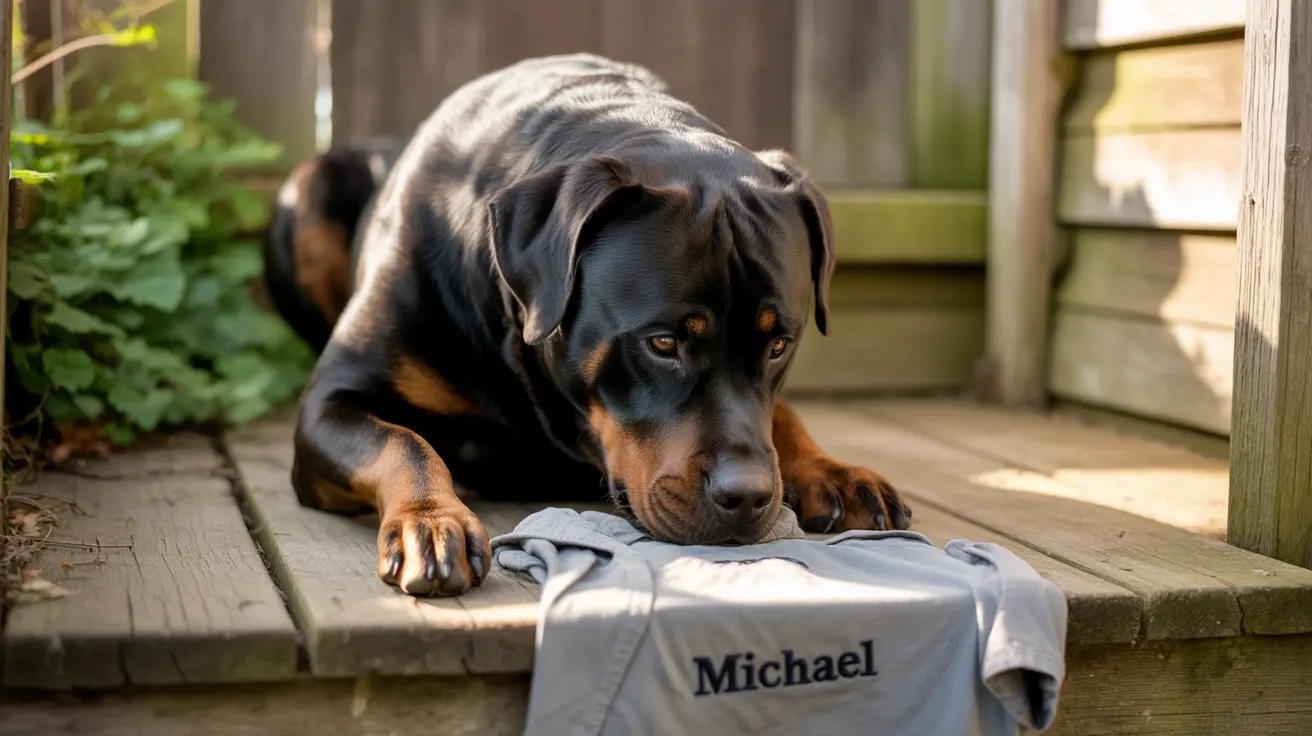How Dogs Remember People and Past Experiences
Dogs utilize what scientists call "episodic-like memory," which allows them to recall events and experiences through emotional associations rather than specific timeline-based details. This memory system is deeply connected to their superior sense of smell and emotional processing capabilities.
Unlike humans, who remember events with precise dates and contextual details, dogs form memories through a combination of:
- Emotional associations
- Scent recognition
- Sound familiarity
- Visual cues
- Physical sensations
The Science of Canine Memory
Research has shown that dogs possess both short-term and long-term memory capabilities. While their short-term memory typically lasts only a few minutes, their long-term memory can be remarkably enduring, especially when it comes to significant relationships and emotional experiences.
Studies have demonstrated that dogs can remember important people in their lives for years, with their memories being particularly strong when associated with positive or negative emotional experiences.
The Power of Scent in Dog Memory
A dog's sense of smell plays a crucial role in their memory formation and recognition abilities. Their olfactory system is approximately 40 times more powerful than humans', allowing them to:
- Identify individuals by their unique scent signature
- Recall past experiences through associated smells
- Remember emotional connections linked to specific scents
- Navigate familiar environments using olfactory memory
Impact of Past Experiences on Dog Behavior
Previous owner relationships can significantly influence a dog's current behavior and emotional responses. Dogs who experienced trauma or neglect may show persistent anxiety or fear responses, while those with positive past relationships often maintain their friendly, trusting nature.
These behavioral patterns demonstrate the lasting impact of memories and emotional associations in dogs, even years after separation from previous owners.
Frequently Asked Questions
Can dogs remember their previous owners after years of separation?
Yes, dogs can remember previous owners even after years of separation. Their memories are primarily based on emotional associations and sensory cues, particularly scent, allowing them to recognize and respond to familiar people long after their last interaction.
How does a dog's sense of smell help it remember past owners?
A dog's powerful sense of smell creates strong memory associations with their owners' unique scent profiles. This olfactory memory helps them recognize previous owners even after extended periods, as scent memories are particularly enduring in dogs.
What behaviors indicate a dog recalls a former owner?
Dogs may show excitement, tail wagging, whining, or increased attention when encountering a previous owner. Alternatively, if past experiences were negative, they might display fear, anxiety, or avoidance behaviors.
Do dogs remember past owners differently if they were treated well or badly?
Yes, dogs form stronger memories of extremely positive or negative experiences. Well-treated dogs often show joy and excitement when reuniting with past owners, while those who experienced abuse may show fear or defensive behaviors.
How can I help a rescue dog with memories of a previous owner adapt to a new home?
Create positive new associations through consistent care, patience, and positive reinforcement. Establish regular routines, provide plenty of love and attention, and work with a professional trainer if needed to address any trauma-related behaviors.
Building New Memories Together
While dogs can retain memories of previous owners, they also have an incredible capacity to form new bonds and create positive associations. Understanding how your dog's memory works can help you build a stronger relationship and provide the best possible care for your four-legged friend.
Remember that every dog is unique, and their memory experiences may vary based on past relationships, experiences, and individual personality traits. With patience, love, and understanding, you can help your dog create new, happy memories while respecting their past experiences.






